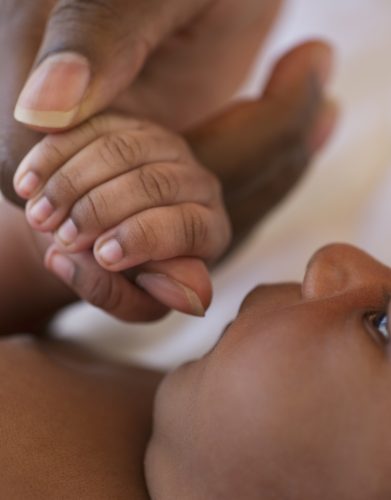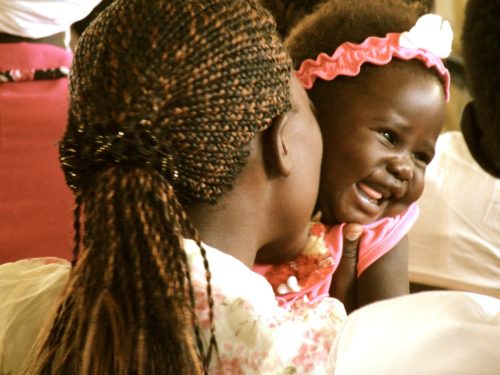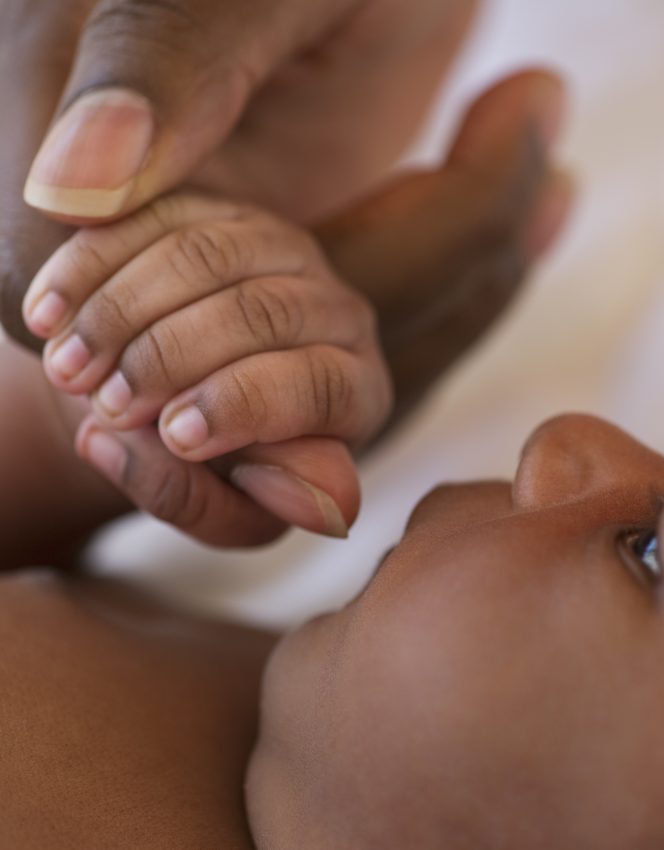Have you ever heard that babies and mothers share a special bond? Well, it is true. Babies learn in sync with their mothers. However, some mums struggle to bond with their babies. Research shows more than 4 out of 10 children lack a secure attachment or bond with their parents.

Some facts
When mums interact with infants early it improves bonding, learning and communication. Scientists have discovered when babies make eye contact with their mothers, the pair’s brainwaves become synchronised. It means early and frequent interaction between mothers and babies positively affects the brain.
Our brains are constantly firing electrical impulses known as brainwaves. When brainwaves are synchronised, it means our brains are sending these rapid electrical impulses in the same way as the brains of the other people we’re interacting with.
See: Graco Contender 65
How Do Mothers And Babies Synchronise?
Research has shown babies synchronise their heart rate and even their emotions when they interact with their primary caregivers. These physiological processes could be protective in nature; babies who room share during the first 6 months, for example, have a lower risk of SIDS. They also help to facilitate a mother-child bond.
Our communication processes go deep into our biology. Scientists at the University of Cambridge studied the brainwaves of 36 infants and found their brainwaves synced with those of an adult when communication was combined with eye contact.
Why is it important for mothers to be intentional about bonding with their babies?
As mentioned earlier, early and frequent interaction during infancy has a positive impact on learning and a secure child-parent attachment. A lack of attachment during childhood can affect a person’s relationships, and the ability to communicate effectively later in life.
Although human beings are adaptive, a healthy bond and early interpersonal relationships have a positive influence in their lives. There are many variables that influence how a child bonds and learns to communicate. We have the power to control at least some variables by having early and frequent interactions with our children.
Bonding is not a one-off experience. You cannot bond in infancy and then follow it up with neglect. Parents need to spend quality time with their children. Our early interactions have a massive impact on how the brain develops and functions for the rest of a child’s life.
Researchers at the University of Cambridge found when you talk to your infants and gaze into their eyes, they are more likely to communicate back, by vocalizing. Previous research also showed pretending to understand their vocalizing can actually make infants smarter. By gazing into your infants’ eyes and pretending to understand them, you are synchronizing their brainwaves with yours.
This improves their cognitive development and helps to establish a secure bond. You can feel closer to your baby and improve his/her receptive language (understanding and processing) and expressive language (ability to communicate wants or needs). Those skills will benefit your child during early education, higher education, employment and relationships.
Eye contact and non-verbal communication through smiles and cuddles seem to be a crucial part of a baby’s development. There’s nothing else like it.
[Tweet “There is no substitute for being physically present and in the moment to connect with an infant.”]

Do Babies Synchronise With Fathers?
A lot of research focuses on mother-baby pairs. The focus of this study was simply to see whether babies can synchronize their brainwaves in a similar way to synchronizing between two adults. This research does not translate only to mother-baby pairs. The research confirmed babies also synchronize brainwaves with their fathers.
That means dads should also start chatting with their babies and gazing into their eyes.
Although research into mother-baby pairs is more extensive, researchers are catching up with father-child pairs. Research shows that dads interacting with their infants can: Improve their social skills and behaviour Help babies learn faster. You can learn more about early bonding by reading.
Early interaction between babies and their parents sets the stage for a healthier life. It’s never too late, but the earlier you begin, the more benefits your baby will reap.
For more, visit the Expectant Mum category



